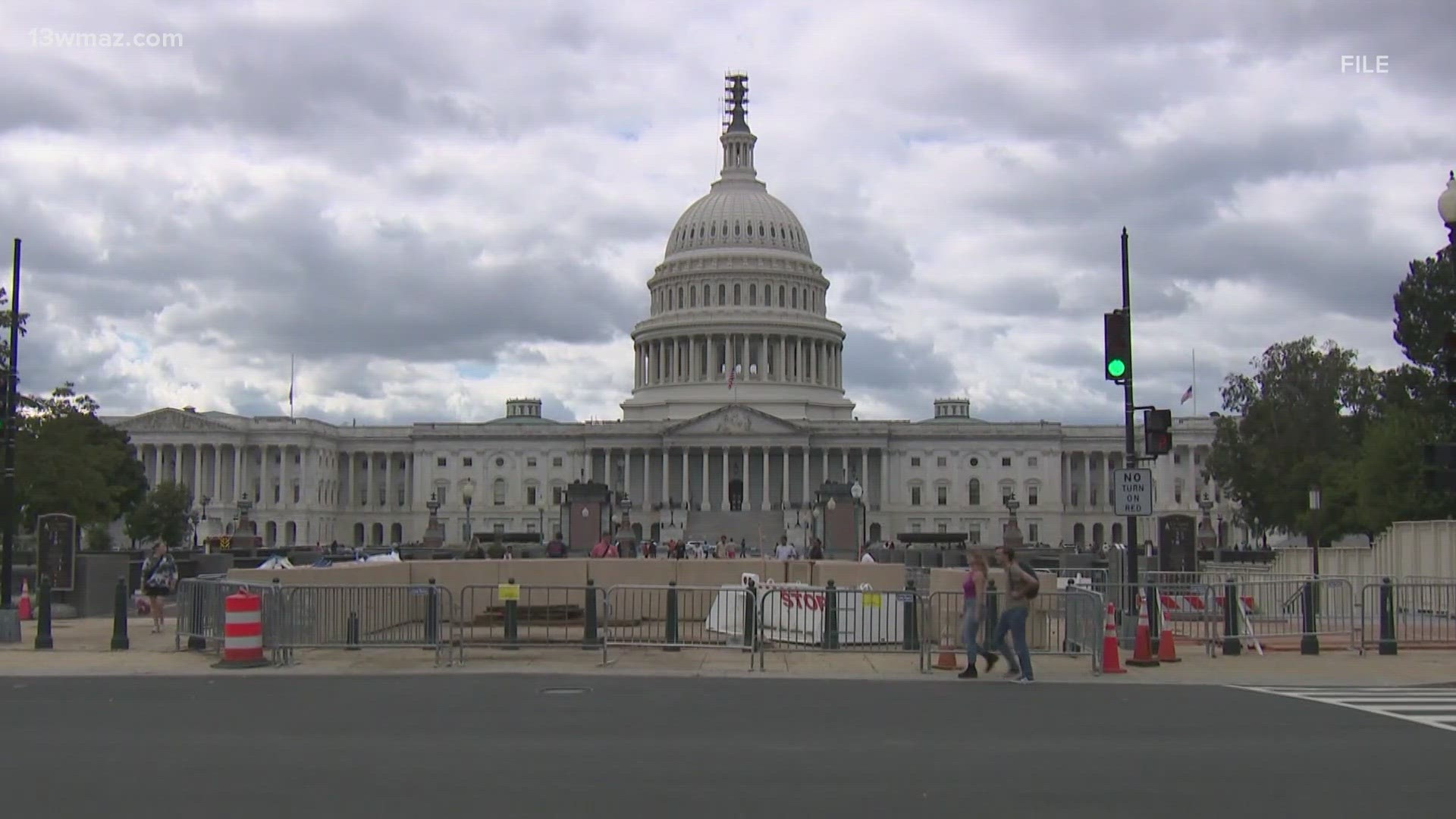MACON, Ga. — This afternoon, Republican Jim Jordan won the G.O.P. nomination for Speaker in an internal vote.
The Ohio congressman received about 25 more votes; however, some House Republicans are skeptical that Jordan will be able to get enough support from moderates to get the 217 votes needed to win on the House floor.
For part of the day, Jordan had some new competition.
Georgia Congressman Austin Scott filed to run for the seat earlier Friday afternoon, but his campaign only lasted four hours.
Scott released a statement saying, "We must unite behind Jordan so we can get Congress back to work."
Before that vote, national political analysts were asking who's Austin Scott and why he is running.
University of Georgia Political Science professor Charles Bullock says Scott's candidacy was a surprise as the U.S. House is dysfunctional without a speaker.
"This is completely uncharted territory," said Bullock.
He says the House of Representatives is in turmoil right now.
"You know, the Senate can pass more aid, say, for Israel, but the House can't act until it has a speaker in place. The Congress can't do anything at this point," he said.
So, more folks like Representative Austin Scott and others not in the mix may come forward.
"Suggesting they might be able to unite this obviously deeply divided conference."
However, who is Austin Scott?
"It's certainly not a name that's been talked about," Bullock said.
He says Austin is a moderate-leaning Republican who's been a legislator for half his life. Over the past 12 years, he's talked much about supporting the Robins Air Force Base and Georgia's farming industry.
"The armed services and agriculture compromise probably 90% of the economy in this district," Scott said in an interview when he ran in 2011 for his current position.
Bullock says U.S. representatives usually don't get as much visibility as senators, so he says it's not surprising he isn't well known.
"Real question, I guess, will be how well-known and how well-liked he is inside the Republican conference," Bullock said.
He explains Scott would have to appeal to both Democrats and Republicans.
"This current Congress, it took them 15 rounds to come up with a speaker [to vote in former Speaker of the House Kevin McCarthy]. It sounds like what the Republicans are going to do is to ensure that whoever's name they put forward will be able to get a majority of the House," he said.
Bullock says maybe it would help to have a lower-profile candidate to unite both parties.
"This is going to be quite a challenge for Austin Scott, or anybody else, to see if you can unite two obviously very hostile subsets within your own party," Bullock said.
Because today's vote happened behind closed doors, we don't know how many votes Scott and Jordan got from their Republican colleagues.
The speaker contest will probably go to the House floor for another vote by the full House sometime next week.
Majority leader Steve Scalise of Louisiana withdrew from consideration Thursday, saying he didn't have enough votes from fellow Republicans to win the job.
Scalise, former Speaker Kevin McCarthy, and even Scott could become candidates again if Jordan fails next week. So far, there's no sign that he will.

